
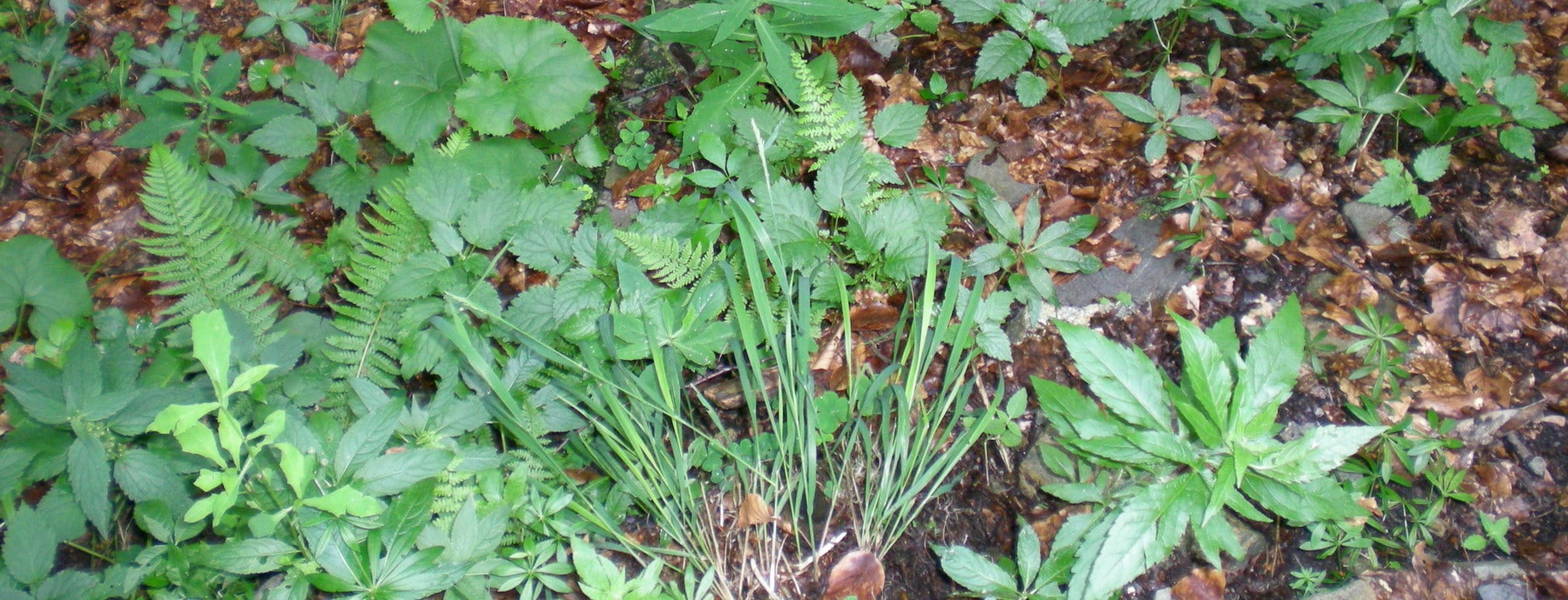


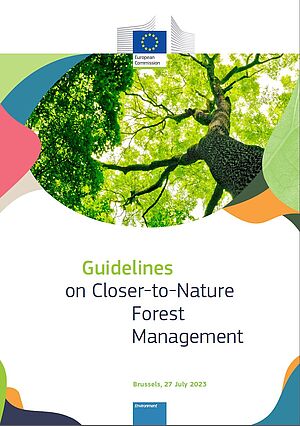
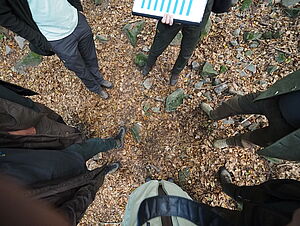
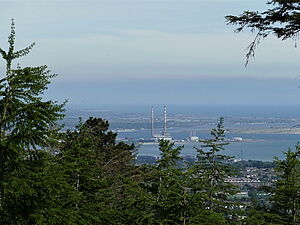
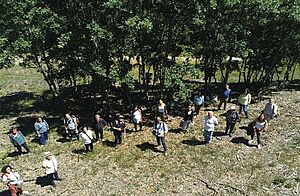
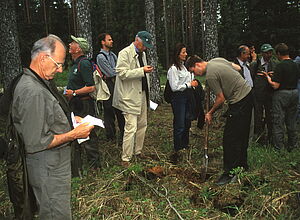

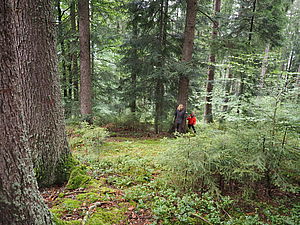
Publishes at the second International PRO SILVA congress, held on May 29-31 1997 in APELDOORN. The Netherlands.
The 'Declaration of Apeldoorn' is also published in the "Pro Silva Principles" booklet (2012)
PRO SILVA is a federation of foresters who advocate forest management strategies which optimise the maintenance. conservation and utilisation of forest ecosystems in such a way that ecological and socio-economic functions are sustainable and profitable. PRO SILVA derives its approach from the fact that originally most of Europe was covered by highly complex forest ecosystems with many plant and animal species. Over more than 2000 years of civilisation, man has seriously reduced forest cover: in many areas forests were destroyed completely, while in others the remaining forests were seriously modified. The remaining natural and ancient semi-natural forests, as well as old afforestations managed over centuries and now showing high production potential and life conserving functions, are of greatest importance. These must now provide many functions for the entire land. The importance of this must be seriously considered in relation to the maintenance and use of existing forests and the creation of new forests.
The second International PRO SILVA congress, held on May 29-31 1997 in APELDOORN. The Netherlands. declares therefore the following:
Sustainability in forest management must not only be directed at timber and other marketable commodities, but at the full range of functions of forest ecosystems.
Such a broad approach to sustainability includes:

In conclusion PROSILVA appeals:
to those responsible in governments and administrations:
to accept and promote the above statements, to support the change to close-to-nature forestry and its further development by tax and other financial incentives and by legal and administrative measures
to those responsible for research and education:
to create an interdisciplinary approach for the development of close-to-nature forestry to improve the scientific basis of close-to-nature forestry
to all forest owners and foresters:
to make themselves familiar with the principles of close-to-nature forestry, and to apply and further develop these in their daily forest management